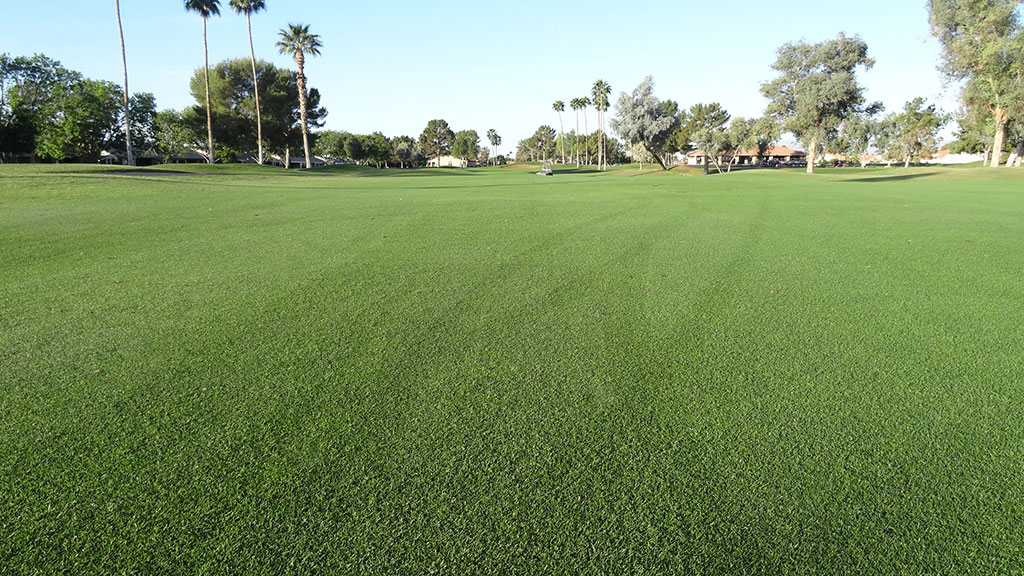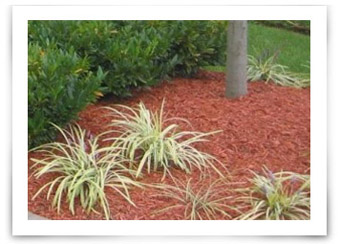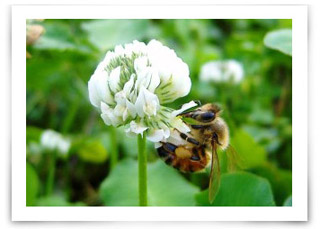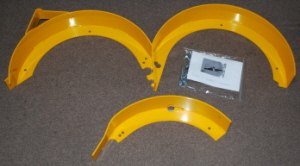Grass Across North America - Northeast
Ask landscapers which grasses they prefer for residential lawns and you'll hear any number of responses. Recommended grasses vary from region to region. Common among all landscapers though, is the recommendation of native grasses. Regional native grasses are by far preferable to non-native grasses, as non-native grasses have the potential to cause damage to native insects, animals, and other grasses and plants.

In the Northeast, a fescue blend is often the native grass of choice for residential lawns. Fescue tends to be drought-tolerant due to its ability to develop deep roots. It also grows well in shade. Other benefits of fescue include the variations within the fescue variety. From thick blades to thin blades, fescue offers several options, such as creeping red fescue, tall fescue, hard fescue, and chewings fescue-all of which grow well in the Northeast's varied climate.
Other potential native grasses for Northeastern residential lawns include bluegrass, which is sometimes blended with fescue in small percentages. Kentucky bluegrass is weed tolerant and is primarily used as lawn grass.
When using Bermuda grass, homeowners often blend in ryegrass to keep a year-round green lawn. It often turns brown in hot weather, whereas ryegrass helps a lawn maintain its green color.
Ryegrass can also be seeded by itself. While it maintains its green color, it is also a fast-growing grass, which may not be desirable as it may require frequent mowing. Fast-growing or not, proper mowing is essential in maintaining a good-looking lawn, and Wright mowers can help. For more information about Wright's wide variety of mowers, or to schedule a free demo, call toll-free at (301) 360-9810.


